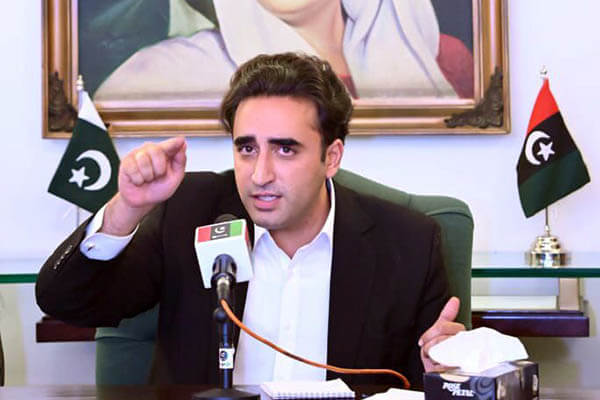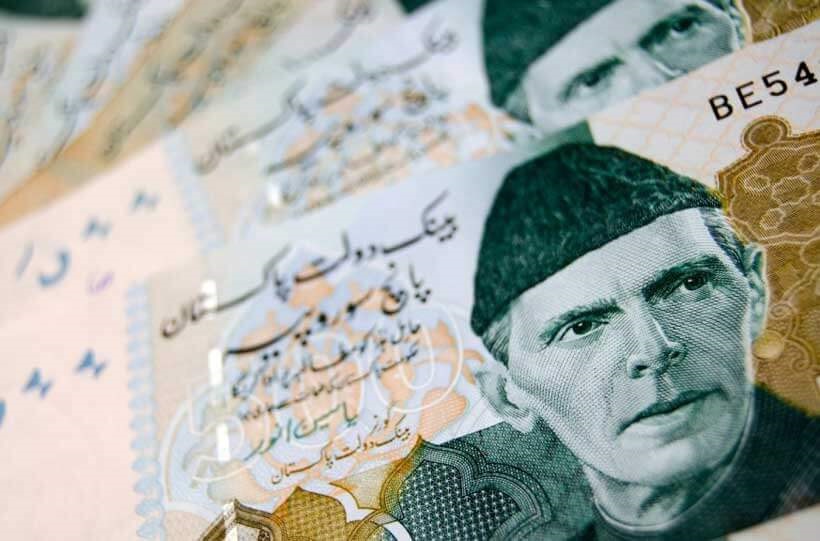
As the August 2023 elections near, Pakistan finds itself at a fork in the road with far-reaching consequences. The growing drama is sure to hold the nation’s attention until the final results are announced. The fiercely contested campaign, allegations of electoral malpractice, and the ambitions of three major parties have all contributed to the excitement. The eventual winner will influence the country’s direction, impacting internal policies, foreign engagements, and people’s well-being.
Political parties are preparing for the forthcoming general elections, with the dissolution of the National Assembly due on August 14, 2023. Prime Minister Shehbaz Sharif’s statement of turning over authority to an interim setup suggests a likely dissolution, giving the Election Commission a 90-day opportunity to organise elections. A caretaker government is essential for ensuring fair and transparent elections. The ruling alliance and opposition parties must agree on a caretaker administration to oversee the voting process.

Pakistan is at a critical point in its democratic path as it prepares for the forthcoming general elections in August 2023. The election is shaping up to be a tight one, with the incumbent Pakistan Tehreek-e-Insaf (PTI) party facing a tough challenge from the opposition Pakistan Muslim League-Nawaz (PML-N), led by former Prime Minister Nawaz Sharif. The Pakistan Peoples Party (PPP), led by Bilawal Bhutto Zardari, is also running. The future of Pakistan’s democratic institutions is at stake as the electoral war heats up.
The election between the PTI, the PML-N, and the PPP will determine Pakistan’s governance and the strength of its democratic institutions. A fiercely contested election, along with a commitment to openness and justice, will be critical in maintaining Pakistan’s democratic ethos. The country waits with bated breath for the conclusion of this vital chapter in its political history.
These elections will be a litmus test for Pakistan’s democratic institutions. Concerns have been raised concerning electoral fairness, with suspicions of potential tampering and manipulation. The Pakistan Election Commission has committed to maintaining openness and integrity in the voting process, but the public will have to wait and see if these claims are fulfilled. Pakistan is about to experience a huge political upheaval as it prepares for national elections less than 60 days after the National Assembly was dissolved. The country’s political dynamics are fast changing, with parties forming coalitions and fielding candidates in the 2018 elections. Among these changes are the involvement of the Election Commission of Pakistan (ECP) and concerns over the most recent census and delimitation. The PPP is a key candidate in the elections, having a rich political tradition and a large support base in Sindh province. The party, led by Bilawal Bhutto Zardari, wants to attract voters across the country by leveraging its long-standing commitment to social welfare and democratic values.

The PTI, led by former Prime Minister Imran Khan, came to office in 2018, vowing to implement major changes and solve urgent issues. However, in recent months, the administration fell flat on its face under heightened scrutiny for economic troubles, political squabbles, and governance issues. Followed by Khan’s arrest and then the riots and violence. This has provided a chance for the PML-N to mount a robust challenge. Despite living in exile in London, Nawaz Sharif has been a vocal opponent of Khan’s administration, pledging to bring in reform and restore stability if re-elected. Khan’s desire to vote, even if his party risks a ban, demonstrates the ferocity of Pakistan’s political battle. However, due to Imran Khan’s popularity among the public, the ruling coalition and the powerful Pakistan army may not allow him to participate. His promise to launch a new party if the PTI is outlawed demonstrates a persistent strategy that has the ability to shape the political environment.

The PTI’s dissolution of provincial assemblies in Punjab and Khyber Pakhtunkhwa has created concerns regarding holding elections in these areas. The opposition PDM alliance is calling for elections within 90 days of the coalition’s breakup, expecting to capitalise on the PTI’s marginalisation following the May 9 event. The dilemma may be rectified because the ECP’s standards demand for simultaneous provincial and national elections.
The PPP is a key candidate in the elections, having a rich political tradition and a large support base in Sindh province. The party, led by Bilawal Bhutto Zardari, wants to attract voters across the country by leveraging its long-standing commitment to social welfare and democratic values.
The remark by Interior Minister Rana Sanaullah on the government’s choice not to publicise the current census raises questions about the legality of the electoral process. The ECP is now obligated to hold elections in accordance with the 2017 census and delimitation. It is critical for the integrity of the election results to ensure an accurate census and transparent delimitation procedure.

The engagement of the International Monetary Fund (IMF) in obtaining promises from political parties has prompted concerns about propriety and the ramifications for the country’s financial destiny. Raza Rabbani, a prominent senator, has criticised the IMF delegation’s discussions with opposition parties and a constituent of the ruling coalition. The IMF’s desire for assurances of support for Pakistan’s Standby Arrangement (SBA) raises concerns about legitimacy and the potential consequences for the governing order. The IMF’s executive board meeting to assess and approve the SBA complicates the country’s financial condition even further.
The results of the elections will have a huge impact on Pakistan’s political landscape. If the PTI is re-elected, it will be able to maintain its policies and strengthen its position. A win for the PML-N or the PPP, on the other hand, would represent a change in power, resulting in the implementation of their respective agendas. The aftermath of the elections may have an influence on Pakistan’s ties with key global actors such as the United States and China.
As Pakistan’s general elections approach, the political environment is characterised by shifting alliances, strategic manoeuvring, and obstacles. A seamless electoral process requires the installation of a caretaker administration, the conduct of transparent elections, and the legitimacy of the census and delimitation. The engagement of the IMF in obtaining guarantees from political parties adds a new dimension to the pre-election scene. Navigating these obstacles and maintaining a fair and peaceful electoral process will be critical in moulding Pakistan’s political destiny as the country moves towards democracy.

